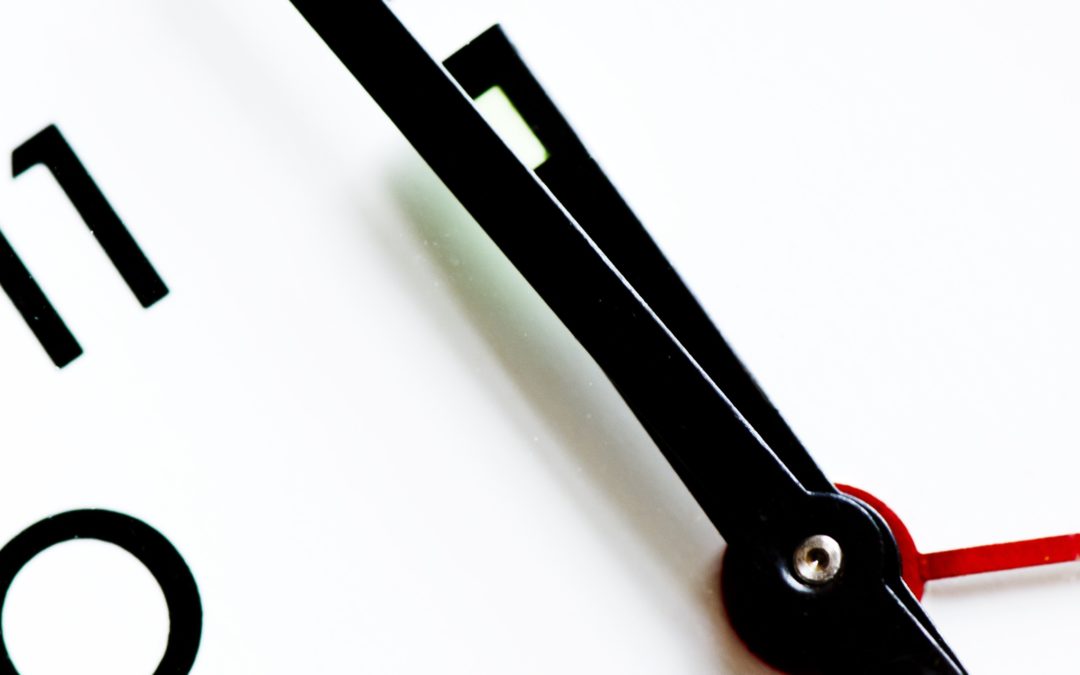You wake up and it’s still dark. Your alarm hasn’t gone off, but you don’t know what time it is. The gears of your mind begin turning, probably about the day ahead of you. It isn’t time to get up yet. You should still be sleeping. You need to be well rested for tomorrow. Tomorrow will be so much harder if you don’t get some sleep. You can’t afford to lose sleep like this! You need to hurry up and fall back asleep before your alarm goes off! What time is it, anyway? Then you do the thing that practically guarantees you won’t be able to fall back to sleep: you roll over and look at the clock next to your bed.
When waking up prematurely, I used to make the mistake of looking at the time to figure out how much longer I had to sleep before my alarm. This was a big mistake. Knowing how much — or usually, how little — time I had left only heightened the pressure on me to fall back asleep. The resulting anxiety sealed my fate: the self-imposed pressure to go back asleep prevented me from doing exactly that.
Taking away the ability to look at the clock in the middle of the night is a game-changer. Not knowing the time helps prevent the cycle of anxiety. So this is what I suggest to others who can relate to the situation I described: turn the clock face away from your bed or put it outside your line of sight; some digital clocks can be set with the dimmer so low they can’t be read even in a dark room; or you can remove the clock from your bedroom entirely.
As a trainer and wellness coach, I emphasize a wholistic approach. I instruct clients not only in exercise and proper movement, but also regarding lifestyle habits and changes like the one described above. If you’d like to work with me, send me an email at lawandmotionfitness@gmail.com.
